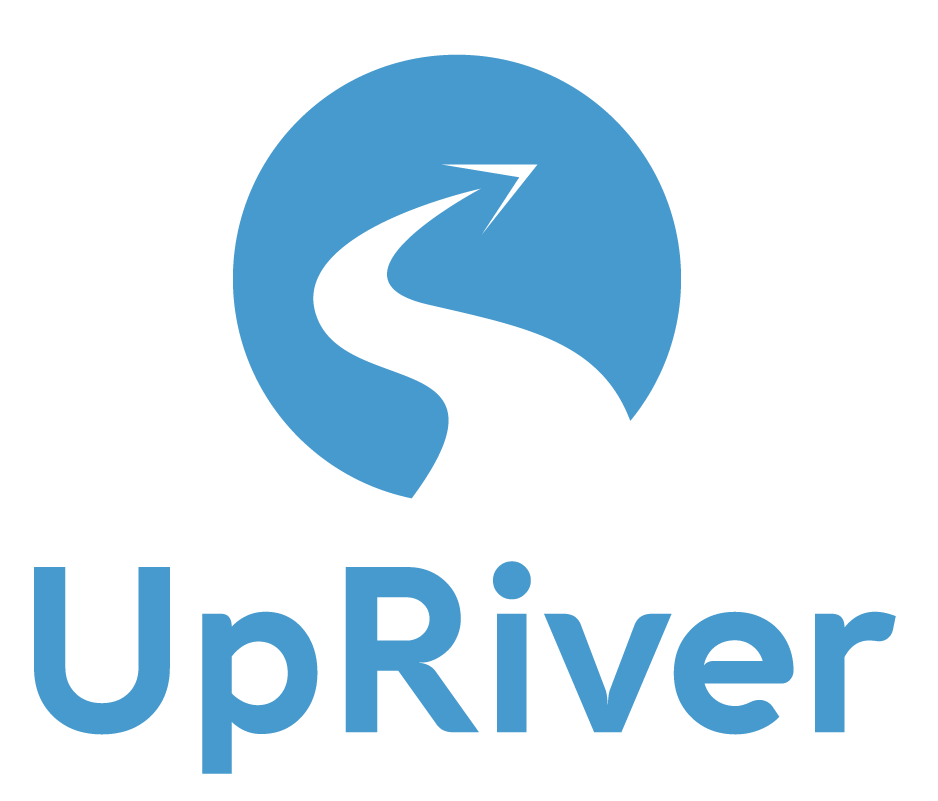TL;DR: Implement intermittent fasting into your routine to live a better and longer life and help avoid the multiplicity of issues associated with chronic inflammation.
Introduction
Welcome back UpRiver, biohacker.
Today we will revisit the benefits of fasting. If you haven’t already read the Fasting 101 article on the UpRiver Database, please do so HERE in order to get your introduction to fasting as a concept and the practical approaches to fasting out of the way. On the other hand, if you have already read that article or are already familiar with some of the various benefits of fasting, please continue reading so that you may be exposed to how fasting impacts inflammation in the body and brain. With that said, let’s jump straight into the undeniable connection between intermittent total caloric restriction and inflammation.
Inflammation
First and foremost, let’s explain what is meant when we refer to inflammation in the body. Inflammation is a process by which the body’s white blood cells and substances they produce protect us from infection with foreign organisms, such as bacteria and viruses.[1] Now, while inflammation is obviously a good thing when your body necessitates defending itself against illness, unnecessary inflammation occurs in lots of the population and is either symptomatic of, or leads to much more severe health complications. [2]
In some diseases, such as arthritis, for example, the body’s defense system – the immune system – triggers an inflammatory response when there are no foreign invaders to fight off. In these diseases, called autoimmune diseases, the body’s normally protective immune system causes damage to its own tissues. The body responds as if normal tissues are infected or somehow abnormal. [3]
Now, even if you do not have these diseases, sometimes the food we eat and our lifestyle can cause these issues regarding bodily inflammation. Briefly, the mild issues inflammation can lead to, are things in the realm of:
- Fever
- Chills
- Fatigue/loss of energy
- Headaches
- Loss of appetite
- Muscle stiffness
On the flip side however, inflammation in its various forms was found to be connected to all 5 of the top 5 leading causes of natural death, several studies report.[4,5,6] For those interested, these severe health complications are as follows:
- Stroke
- Heart Disease
- Pulmonary Disease
- Lung Infections
- Alzheimer’s Disease & other Dementias.
Additionally, inflammation is also present in the case of various cancers. However, whether inflammation is a positive force your body attempts to use against cancer or whether cancer causes unnecessary and further deteriorative issues for the body remains a subject of contention amongst researchers.[7]
Now that you see the true enemy – unnecessary bodily inflammation, which technically speaking is defined as “chronic inflammation (CI),” the question obviously becomes: how do we prevent CI? Well, fasting is a huge help. Here’s the UpRiver breakdown:
Leukotriene B4 (LTB4) plays a vital role in many cellular processes involved in inflammation, including not but limited to the following:
- oxidative metabolism
- enzyme release
- stimulation of neutrophil migration and aggregation
The Body
From research, we have learned that altering your lipid intake changes the phospholipid fatty acid composition of cell membranes. Consequently, this has an impact on the precursor substance content for the production of inflammatory leukotrienes.
As we’ve mentioned on UpRiver before, diet plays a huge role when it comes to the health and vitality of the entire body and this is no secret. However, many people, before visiting UpRiver, were unaware of what an impact diet has on chronic inflammation and why one ought to take CI seriously – especially if longevity is one’s objective. With that said, it has been shown that a diet high in fish oil decreases the production of LTB4, so one study wanted to look at how total calorie reduction – i.e. a fasted state – would impact these findings:
14 individuals with rheumatoid arthritis (RA) participated in a 1 week fast, with inflammatory marker measurements taken before and after the fast. What was discovered was nothing short of astounding. The researchers discovered that fasting actually reduced the release of leukotriene B4 from RA neutrophils, reduced the generation of cytotoxins from serum (image below of cytotoxin in serum) and also altered the phospholipid fatty acid composition.[8]
It was shown that the phospholipid composition changed following the fast with a resulting reduction of LTB4 production. All this is essentially to say that fasting demonstrated an anti-inflammatory effect on the body as a whole.[9]
What’s more is that no adverse effects of fasting were found in the study. The only negative findings were general things we would expect from not eating for 7 days straight. These things were:
- Lightheadedness; and
- weakness during the fasting period. (Duh.)
Several other studies have also been successful in demonstrating that a selective calorie restrictive diet, which is best described as reducing your calories without losing out on proper nutrition (intermittent fasting), reduces all inflammatory markers. This occurred through the reduction of inflammatory cytokine production, including reduced tumor necrosis factor and interleukin-6 – all things associated with cancers and other severe ailments and diseases.[10]
Upshot: Inflammation is linked to major degenerative diseases. Fasting reduces inflammatory markers in the body. Therefore, fasting has a positive effect on CI.
The Brain
As you will probably notice, even though we touched on the brain a little bit, our above breakdown was primarily a bodily breakdown, we will now breakdown how CI can affect the brain:
Chronic inflammation has negative impacts everywhere in the body, and the brain is no exception. Chronic neuroinflammation is a common occurrence in many neurodegenerative diseases, including but not limited to depression and Alzheimer’s.[11]
(Image of how neurotoxins affect the make up of neurons)
In a 2015 study performed on rats it was discovered that intermittent fasting significantly lowered the risk of damage to brain function in both older and younger rats when looking at neurodegenerative diseases linked to central nervous system inflammation.[12]
The inflammasome cryopyrin found was a set of proteins linked to several disorders, including Alzheimer’s, autoimmune disorders, type 2 diabetes, and several other autoinflammatory disorders. Researchers at the Yale School of Medicine conducted a study on mice in 2015 and found that beta-hydroxybutyrate (BHB) produced by fasting inhibits NLRP3, the set of proteins known as the inflammasome.[13]
Beta-hydroxybutyrate is produced when you’re in a fasted state. This makes the point clear then, that fasting can be used as a vital tool in the inhibiting of the inflammasome and decrease inflammation and its markers throughout the entire organic physiology.[14]
Upshot: Fasting allows the body to produce more BHB, which helps to reduce NLRP3 (inflammasome). This means, fasting lowers neuroinflammation.
Conclusion
CI affects lots of people around the globe and sometimes without even knowing it themselves. It has been shown that by the decreasing of CI, one can alleviate more and more the risk of falling ill to several profoundly life deteriorating illnesses and ailments. If you are someone who truly takes their longevity seriously, and are in which case a supporter of UpRiver’s central interests and pursuits, there is no reason why you shouldnt impliment some variation of fasting in your life (various methods found in our Fasting 101 article HERE). If you already have experience fasting, or want to learn more from one of UpRiver’s author’s directly, please reach to us on our forum HERE.
Note: Inflammation affects our health in various ways. Another way to reduce inflammation is getting a better night’s sleep as often impossible. If you’re interested in learning how to sleep better in general, click HERE.
Best of luck biohacker, and as always, keep moving UpRiver.

REFERENCES
[1] https://www.webmd.com/arthritis/about-inflammation#1
[2] https://journal-inflammation.biomedcentral.com/articles/10.1186/1476-9255-1-1
[3] Ibid.
[4] https://www.ncbi.nlm.nih.gov/pmc/articles/PMC7059569/, www.pharmamodels.net/indications/inflammatory-lung-diseases/ ,
[6] https://www.ncbi.nlm.nih.gov/pmc/articles/PMC6214864/ ,
[7] https://www.ncbi.nlm.nih.gov/pmc/articles/PMC2803035/
[9] Ibid.
[10] Ibid.
[11] https://www.hindawi.com/journals/mi/2012/984643/citations/
[12] Ibid.
[13] http://news.yale.edu/2015/02/16/anti-inflammatory-mechanism-dieting-and-fasting-revealed
[14] Ibid.
